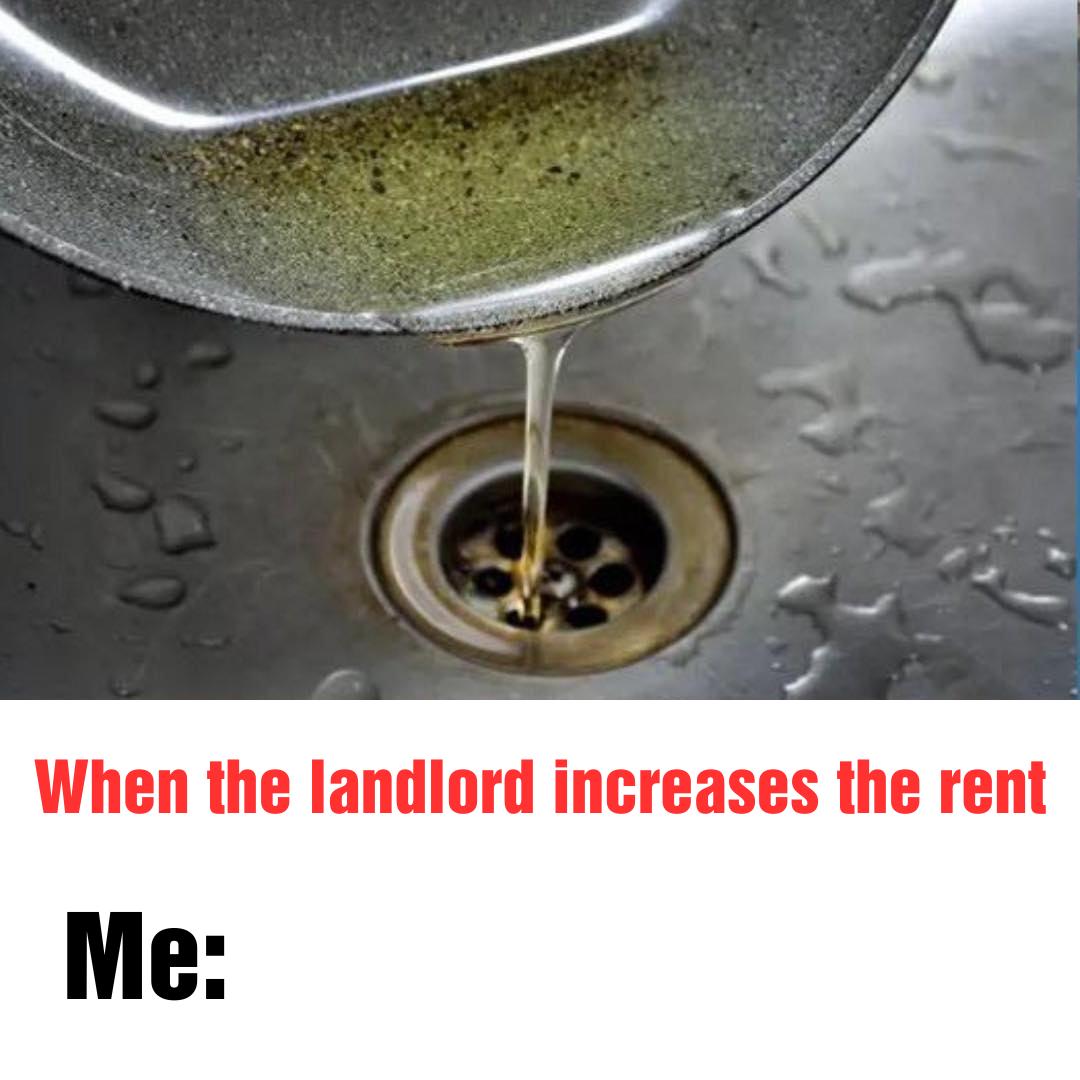Why You Shouldn’t Pour Grease Down the Sink
The excess grease left over from cooking is often poured away rather than reused, but pouring it down the drain can have worrying consequences.
Home Serve, a UK-based home advisory website, notes that the most apparent consequence of this is the accumulation of all that grease over time in the pipes, potentially leading to blockages. It is estimated that fats, oils, and grease contribute to around 47% of sewer overflows occurring annually in the United States.
Unlike water or other liquids, grease doesn’t entirely escape through the pipes and flow into the wastewater system. Once cooled and at ambient temperature, it solidifies, adhering to the pipes and accumulating, thickening over time, becoming a barrier to flow.
Proper Handling of Excess Cooking Grease
In cold weather, when grease solidifies into a block, you can easily scoop it into the trash. If the grease is in liquid form, you can pour it into an empty bottle and collect it until the bottle is full, then dispose of the bottle in the trash.
If the amount of excess grease is not too large, you can wait for it to cool, then use paper towels to soak up the grease and dispose of them. This method not only effectively collects the grease but also helps clean pots, pans, and utensils, making washing easier.
In the event that grease has been poured down the sink, there’s still a solution to handle it, most effectively using vinegar and baking soda. The chemical reaction between these two substances helps break down any solidified grease without damaging the pipes.
Additionally, it’s important to rectify the mistake promptly after pouring grease down the drain to prevent accumulation and blockages. You can pour a few cups of hot water down the sink drain, then pour the baking soda and vinegar mixture in. Allow some time for this mixture to work, then pour another round of hot water down the drain. The hot water will prevent the grease from solidifying again.
According to S&D Plumbing, you should also avoid using corrosive chemical products that can corrode your pipes.













